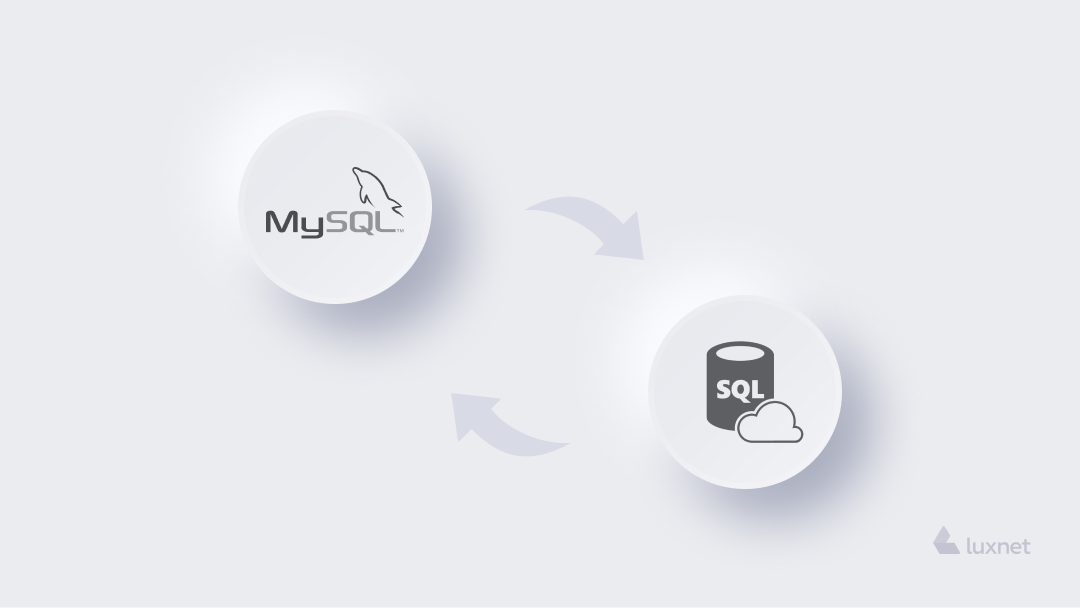You should admit that a big part of our life has moved to the Internet. Here we can communicate, make purchases, choose presents and have a rest. The more people use the Internet, the more important databases become. That is particularly true when we speak about a business or organization of another type.
What is a database? What for do you need it?
If to start from the very beginning, the database is a collection of data organized in conformance with a concept. This concept describes the characteristic of these data and the interrelationships between their elements. In general, the database contains schemes, tables, representations, stored procedures, and other items.
Theoretically speaking, a database is a repository for your valuable and useful information represented in diverse variations. The electronic form will provide easy access, search, data manipulation, and business information management.
Generally, well-chosen databases are a determining factor in the success of a business. They help to store important bulk data in a single centralized location.
Furthermore, they provide the possibility to easily and quickly control employee and customer profiles, product information, sales operations, marketing strategies, etc.
In this article, we will focus on SQL and MySQL as the leading database systems. But before comparing them, we are going to highlight the key points. Moreover, we will describe how SQL and MySQL work together.
Difference between SQL and MySQL: a short overview
SQL is a programming language; on its own terms, it is neither a database management system nor a specific software product.
Whereas in contrast, MySQL is a database, i.e., a product. It is a relational database management system, which allows the user to store and retrieve data from a database. There are a lot of these databases; for example, Oracle, Microsoft SQL Server, SQLite, and others.
And if to explain in too simple words, then…
Let’s imagine you are reading an e-book. MySQL is your reading file, while SQL is how you read, scroll the pages, choose your favourite quotes, and so on.
What is SQL?
SQL is a declarative programming language for user interaction with databases. It is applied to generate queries; update and manage relational databases; create a database schema and its modifications; for database access control systems.
Nowadays, the query language SQL is the core language used for all databases. There are minor syntax changes between different databases, but the basic SQL syntax remains the same, in principle.
SQL is used to access, update and process a large amount of information in a database. Its structure allows to easily manage data in a relational database, such as MySQL.
SQL is an abbreviation of the term Structured Query Language.
What is MySQL?
MySQL is a free relational database management system. MySQL was developed by "ТсХ" company to increase the processing speed of large databases.
This open-source database management system was created as an alternative to commercial systems.
SQL and MySQL: what is the main difference?
Let's have a look again: SQL is a structured query language and the basis for relational database management systems. SQL allows the user to add and delete, update or select the desired records.
But MySQL, in fact, is a management system that will allow the user to store and retrieve your data. In addition, compared to other databases, MySQL will offer you a wide range of possibilities.
SQL is used to access, update and process data in a database. Its design also allows you to manage data in database management systems (DBMS), such as MySQL.
What is DBMS?
In short, a database management system is a software that gives the possibility to store, retrieve, define, and manage data in a database.
DBMS software is primarily the interface between the end-user and the database. Although the functions of different databases vary, their general functions and capabilities include a catalog that describes metadata; a library management system; data abstraction and data independence; data security and registration; performance auditing.
